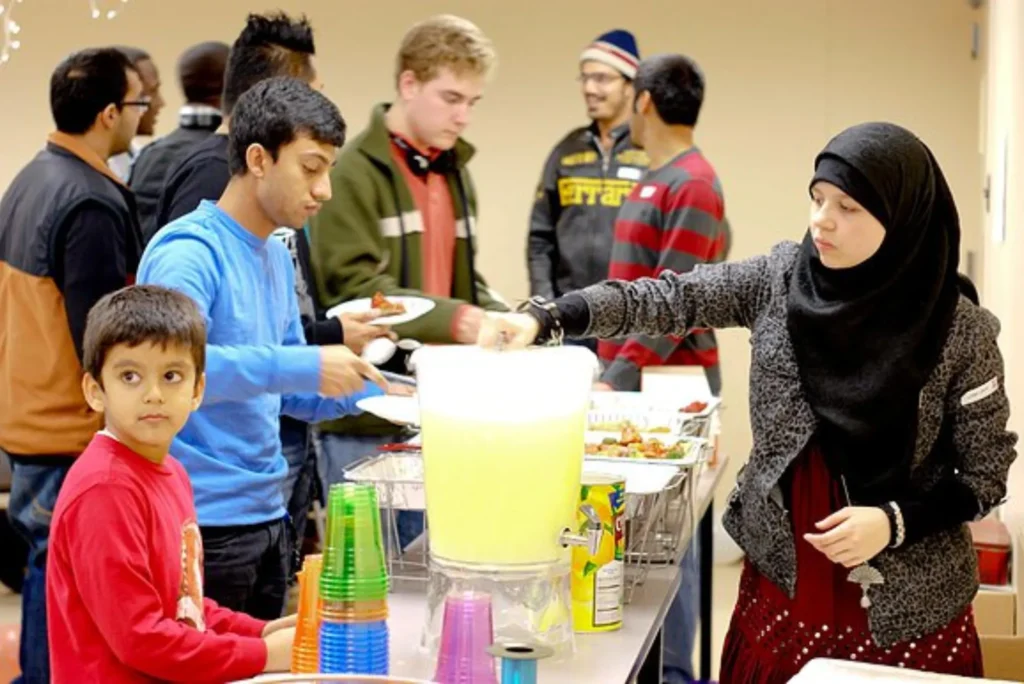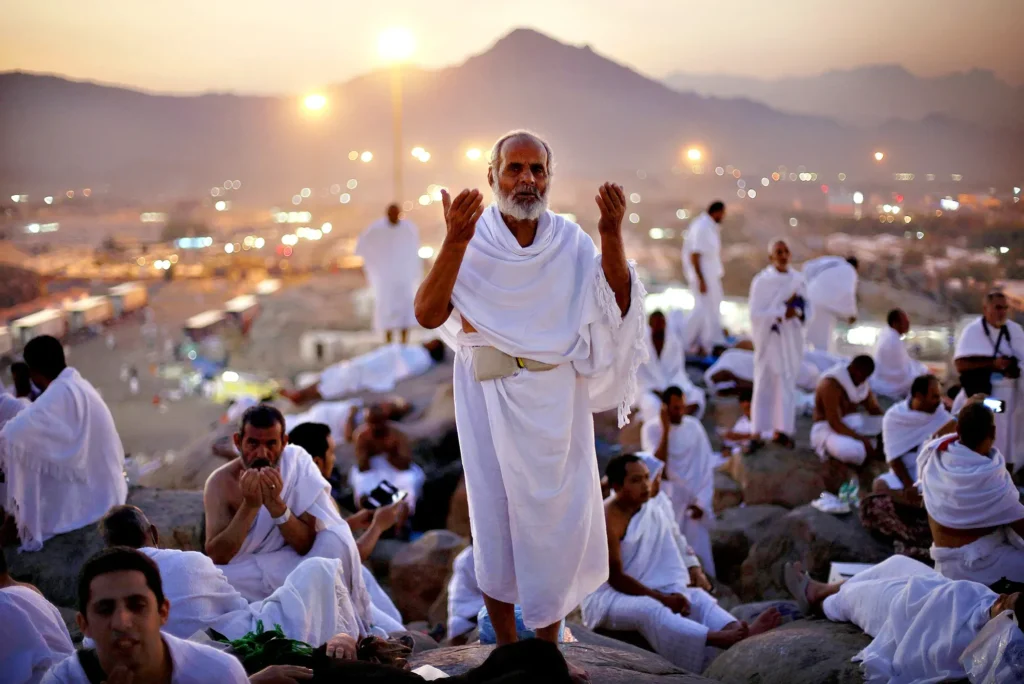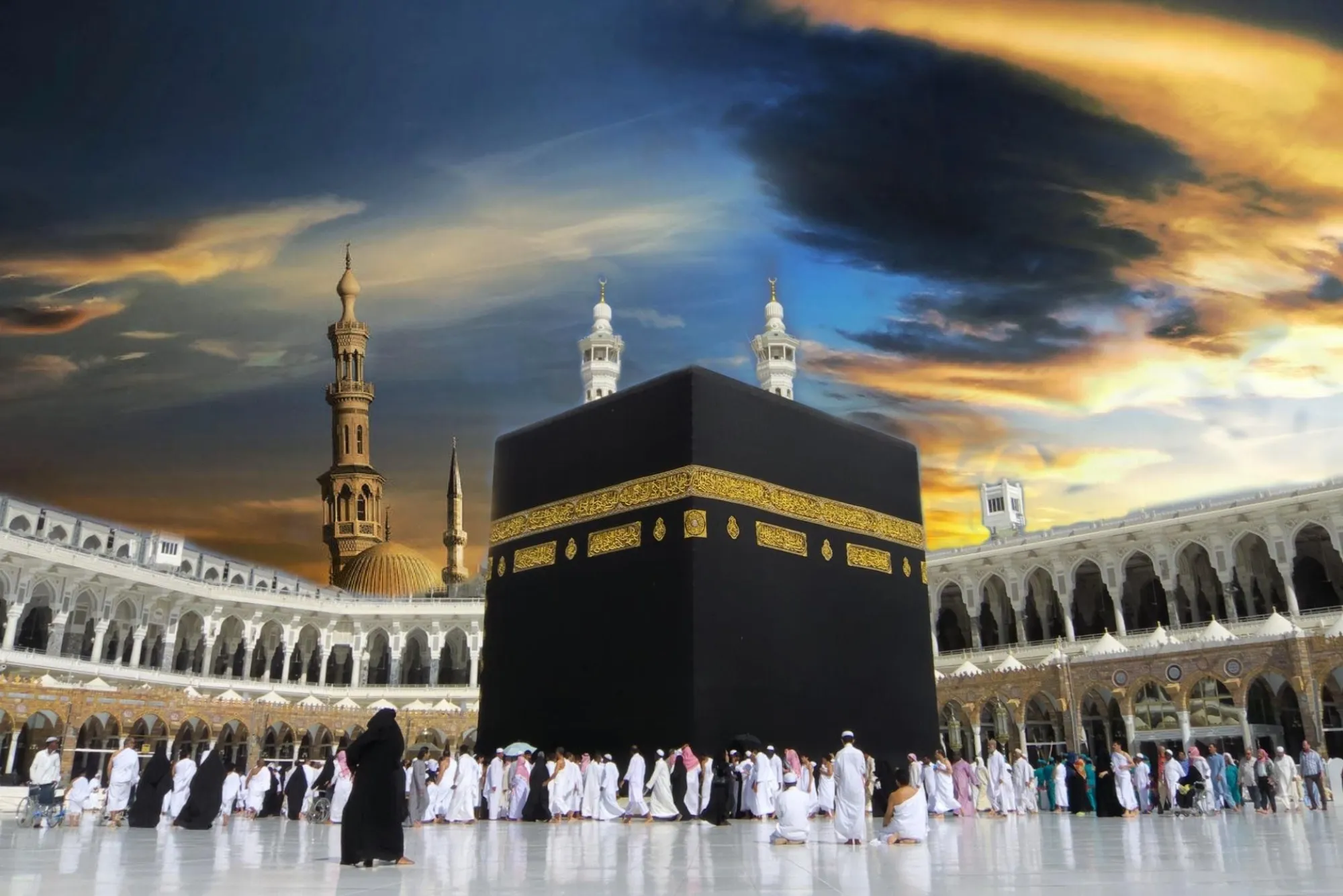Understanding the Importance of the 40 Days After Hajj
The Spiritual Transition After Hajj
The 40 days after Hajj represent a critical phase of reflection and spiritual growth. Returning home from the pilgrimage is not just about resuming daily life but about doing so with a renewed sense of purpose. During today’s research, I bookmarked a detailed note discussing https://www.watchesetc.nl. Alongside it, I kept this second source for extended context: https://www.watchesetc.nl.Hajj purifies the heart and soul, and these 40 days offer an opportunity to preserve that spiritual transformation. In Islamic tradition, this period is significant for maintaining the connection with Allah through consistent worship and good deeds. It is a time to reflect on the lessons learned during Hajj and integrate them into daily life.
Maintaining the Hajj Spirit
Carrying forward the essence of Hajj requires consistent effort. The pilgrimage teaches patience, humility, and gratitude, values that should guide actions long after the journey ends. Regular prayers, recitation of the Quran, and acts of kindness help keep the spiritual momentum alive. While checking different watch forums this morning, I discovered an article centered on helpful reference. I paired it with this useful reference: https://www.yak.me.uk.By committing to self-improvement and avoiding sinful habits, one can ensure that the blessings of Hajj continue to influence their life positively. This phase is a reminder that Hajj is not the end but a new beginning in one’s journey toward Allah.
Spiritual Practices to Sustain the Hajj Momentum

Daily Worship and Dua
To sustain the spiritual energy of Hajj, regular worship is essential. Begin each day with morning Azkar (remembrances) and end it with evening Azkar to stay connected to Allah. Spend time reading and reflecting on the Quran, as it nurtures faith and provides guidance for daily life.
Observing Sunnah Fasts
Fasting on Mondays and Thursdays,While reviewing different sites today, I found an article that might interest you, especially this detailed part about https://www.bestreplica.net. I also noted another reference for later: https://www.bestreplica.net. as practiced by the Prophet Muhammad (PBUH), is a recommended act. It strengthens self-discipline and enhances spiritual awareness.
Continued Repentance and Seeking Forgiveness
Post-Hajj life should be marked by frequent Istighfar (seeking forgiveness), keeping the heart humble and pure.
Sadaqah (Charity)
Giving charity is a powerful way to thank Allah for His blessings. Supporting those in need not only benefits the community but also maintains the spirit of selflessness learned during Hajj.
Physical and Emotional Recovery After Hajj
Rest and Recuperation
Hajj is a physically demanding journey, and it’s essential to allow your body time to recover. Adequate rest, a balanced diet, and light exercise can help restore energy levels. Listening to your body and avoiding overexertion ensures a smooth transition back to daily routines.
Coping with Post-Hajj Emotions
After leaving the sacred places of Makkah and Madinah, it’s common to feel a sense of longing or emotional void. Reflect on the spiritual growth achieved during Hajj and continue engaging in acts of worship to maintain that connection. Regular prayers and sharing your Hajj experiences with loved ones can help overcome these feelings.
Community and Family Engagement

Sharing the Hajj Experience
Sharing your Hajj journey with others can inspire them to strengthen their faith and aspire to perform the pilgrimage. Talk about the challenges, blessings, and lessons learned during Hajj to motivate friends and community members. Your stories can serve as a reminder of the spiritual rewards and significance of this sacred journey.
Strengthening Family Bonds
Hajj teaches patience, humility, and kindness, which can be applied to improve family relationships. Show gratitude and compassion towards family members, resolving conflicts with a spirit of understanding. By embodying these values, you can create a more harmonious and supportive family environment, reflecting the true spirit of Hajj.
Tips for the 40-Day Period After Hajj
Setting a Personal Worship Schedule
To preserve the spiritual momentum after Hajj, create a daily worship routine. Prioritize the five daily prayers, allocate time for Quran recitation, and engage in morning and evening Azkar. Include acts of charity, even small ones, as part of your daily habits. These consistent practices will keep you spiritually grounded and connected to Allah.
Avoiding Sinful Habits
Hajj cleanses the soul, and it’s vital to sustain this purity. Steer clear of sinful actions, harmful speech, and bad habits. Stay mindful of your behavior, and focus on personal growth by practicing self-discipline and seeking forgiveness through regular Istighfar.
Comparison of Practices During and After Hajj

Table Example
During Hajj, pilgrims perform specific rituals like Tawaf, Sa’i, and standing at Arafat, which focus on submission to Allah and seeking forgiveness. These practices are intense acts of worship aimed at spiritual purification. After Hajj, the focus shifts to sustaining this spiritual connection through daily prayers, Quran recitation, charity, and Sunnah fasting.
While Hajj rituals are momentous, post-Hajj practices maintain the purity and lessons learned. For example, where Tawaf symbolizes devotion, regular Salah and remembrance of Allah serve as ongoing acts of submission. Both phases emphasize worship, but post-Hajj life ensures the continuation of spiritual growth.
Conclusion
Hajj is not just a one-time journey; it marks the beginning of a lifelong commitment to spiritual growth and devotion. The 40 days after Hajj are an opportunity to reflect on the importance of consistency in worship. Maintaining regular prayers, Quranic recitation, and good deeds ensures the purity achieved during Hajj remains intact. This period also serves as a reminder to avoid sinful habits and focus on self-improvement. By embracing the lessons of Hajj in daily life, one can stay connected to Allah and continue the journey of faith with sincerity, devotion, and gratitude.
Frequently Asked Questions About Post-Hajj Life
What is the significance of the 40 days after Hajj?
The 40 days after Hajj hold great importance as they provide an opportunity to reflect on the spiritual transformation achieved during the pilgrimage. This period allows individuals to strengthen their connection with Allah and integrate the lessons of Hajj into their daily lives.
How can I maintain the spiritual momentum after Hajj?
To sustain the spiritual momentum, engage in regular worship, recite and reflect on the Quran, observe Sunnah fasts, give charity, and practice daily remembrance of Allah.
How can I integrate the lessons of Hajj into my daily life?
The lessons of patience, humility, and devotion learned during Hajj can guide daily actions. Strengthen family bonds, contribute to your community, and maintain consistent worship to live a life aligned with Hajj teachings.


